OOOOHHHHHHHHHMMMMMMMM…..OOOOOHHHHHHHHHHMMMMMM. Now I bet all of you reading this just pictured someone, whether that’s you or me or a friend, with their legs crossed, eyes closed and fingers in that ok position on their lap right? So let’s talk about what they are doing and why it is important!
Yes, let’s talk about Meditation. The image you pictured with legs crossed, etc is a great way to meditate if that is comfortable for you. You can meditate lying down on your bed or the couch, sitting upright in a chair or they even make meditation pillows and chairs that you could use. Pick the way that is calm and comfortable for you and get to work! There are different types of meditation such as mindfulness meditation, focused meditation and even one called the Bumblebee meditation. Well, it’s actually called Bhramari Pranayama technique which broken down, Bhramari is a type of Indian bee and Pranayama means breathing technique.
Meditation isn’t you just closing your eyes and humming, it actually changes your brain when practiced consistently. In fact, studies do show that there are about 8 regions of the brain that can be affected by daily meditation. (Fox, et al., 2014) Some areas include the:
- Lateral Prefrontal Cortex (lPFC)
- The lPFC allows you to look at things from a more rational, logical and balanced perspective.
- Medial Prefrontal Cortex (mPFC)
- The mPFC is the part of the brain that constantly references back to you, your perspective and experiences. May also deal with memory from seconds to hours.
- Insula
- The insula is the part of the brain that monitors bodily sensations and is involved in experiencing “gut-level” feelings as well as feeling empathy towards others.
- Amygdala.
- The amygdala is the alarm system of the brain, It’s a part of the brain that is responsible for many of our initial emotional responses and reactions, including the “fight-or-flight” response.
(Gladding, 2013)
* To let you guys know I am a chiropractor and love neurology so sorry if I “Geek Out” real quick. I’ll try and keep it short. *
In an article posed in psychology today, this was stated → When you meditate regularly, you become less anxious and more aware and feel more empathy towards others. Studies also show you can increase memory and focus as well! (Davidson, 2005)
Wow what a word vomit of knowledge. I know, I know, it’s pretty long but I would say it’s pretty important to help you focus and learn more as well as have a better awareness of you!
References
- Davidson, R., & Lutz, A. (2008). Buddha’s Brain: Neuroplasticity and Meditation [In the Spotlight]. IEEE Signal Processing Magazine, 25(1), 176–174. doi:10.1109/msp.2008.4431873
- Fox, K. C. R., Nijeboer, S., Dixon, M. L., Floman, J. L., Ellamil, M., Rumak, S. P., … Christoff, K. (2014). Is meditation associated with altered brain structure? A systematic review and meta-analysis of morphometric neuroimaging in meditation practitioners. Neuroscience & Biobehavioral Reviews, 43, 48–73. doi:10.1016/j.neubiorev.2014.03.016
- Gladding, R. (2013, May 22). This Is Your Brain on Meditation. Retrieved from https://www.psychologytoday.com/us/blog/use-your-mind-change-your-brain/201305/is-your-brain-meditation
Dr. Justin, like many contributors on this website, wants to share his experiences of life with you all with the goal to inspire others. Justin loves travel, health, sports, mindfulness, animals, nature and the list goes on. Justin’s passion of helping others came through his challenging times through college. He received his Bachelors of Exercise Science with a focus on Health and Leadership while a member of the baseball team. During this time, he underwent two shoulder surgeries that ended his baseball career. This loss took a toll on his body, mind and spirit and after some guidance from friends he knew his true calling was to help others any way he can. He obtained his Doctorate of Chiropractic 4 years later and his goal is not only to share his experiences of life with you but to walk beside you in your journey as well.


